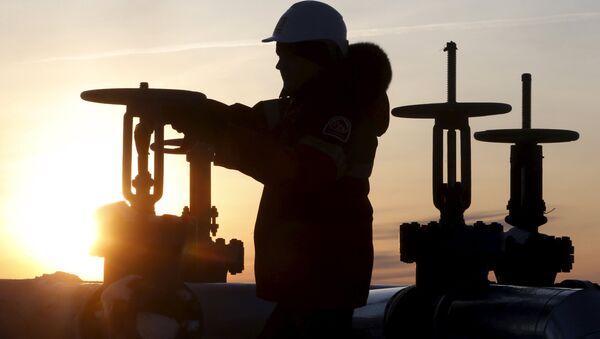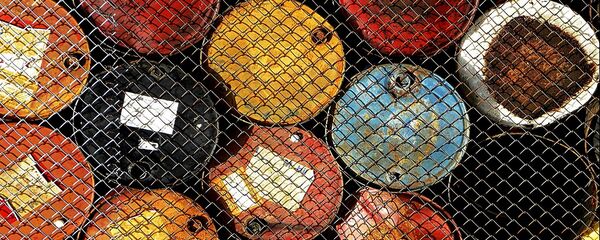"It is estimated that if no agreement on freezing is reached, the [oil production] increase [in 2017] could be even greater than this year… The current increase amounts to 2.1 percent, next year could be even 3 percent," Drebentsov told reporters.
Russia has a good reliable basis to maintain oil production at the current levels, or provide for slightly higher rates, as there were oil fields with relatively low production costs, he added.
"The final question is how much oil the Russian government wants to get. We do have a potential there," Drebentsov added.
By the end of 2015, the oil production in Russia amounted to 533 million tons. On Wednesday, Russian Deputy Energy Minister Kirill Molodtsov said that the ministry anticipated that the volume of oil production in 2016 would amount to 540-545 million tons. He also recalled that Russia reached a record-setting oil production volume of more than 11 million barrels per day on September 8, and expected to keep the output at the comparable level after the opening of new oil fields.



